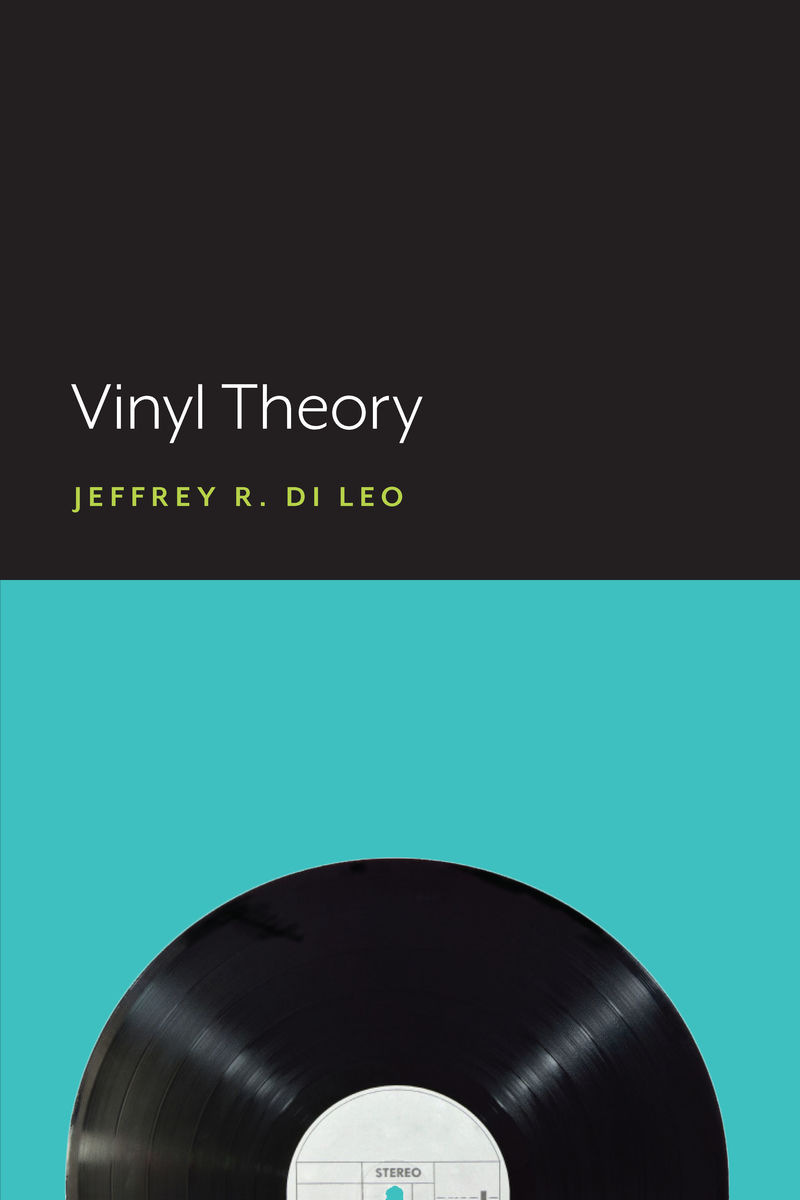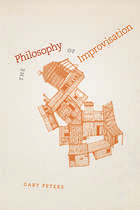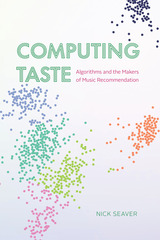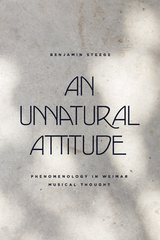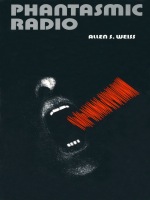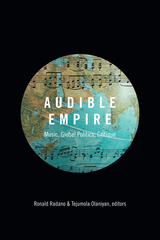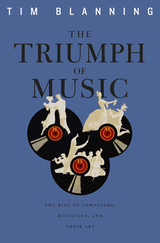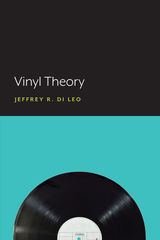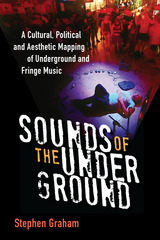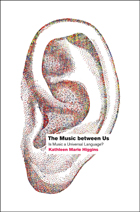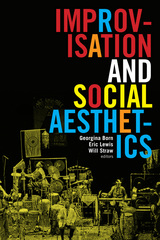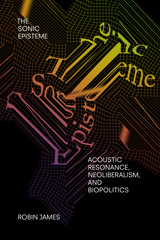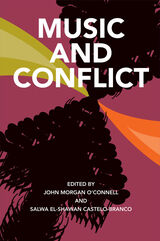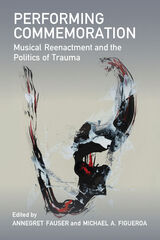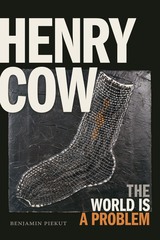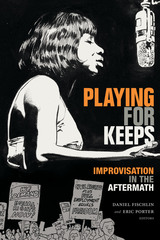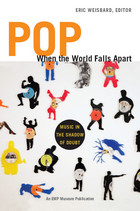Vinyl Theory
Lever Press, 2020
eISBN: 978-1-64315-016-1 | Paper: 978-1-64315-015-4
Library of Congress Classification ML3916.D55 2020
Dewey Decimal Classification 306.4842
eISBN: 978-1-64315-016-1 | Paper: 978-1-64315-015-4
Library of Congress Classification ML3916.D55 2020
Dewey Decimal Classification 306.4842
ABOUT THIS BOOK | AUTHOR BIOGRAPHY | REVIEWS | TOC | REQUEST ACCESSIBLE FILE
ABOUT THIS BOOK
Why are vinyl records making a comeback? How is their resurgence connected to the political economy of music? Vinyl Theory responds to these and other questions by exploring the intersection of vinyl records with critical theory. In the process, it asks how the political economy of music might be connected with the philosophy of the record. The young critical theorist and composer Theodor Adorno’s work on the philosophy of the record and the political economy of music of the contemporary French public intellectual, Jacques Attali, are brought together with the work of other theorists in order to understand the fall and resurrection of vinyl records. The major argument of Vinyl Theory is that the very existence of vinyl records may be central to understanding the resiliency of neoliberalism. This argument is made by examining the work of Adorno, Attali, Friedrich Nietzsche, and others on music through the lens of Michel Foucault’s biopolitics.
See other books on: 1903-1969 | Adorno, Theodor W. | Di Leo, Jeffrey R. | Neoliberalism | Sound recordings
See other titles from Lever Press
